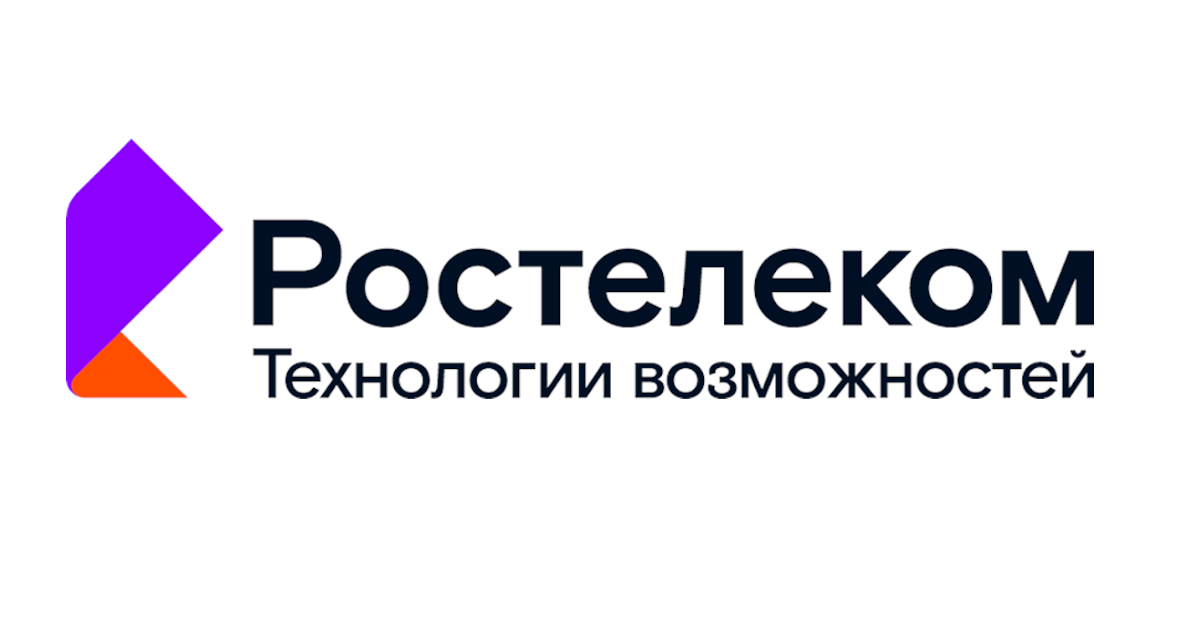Cybersecurity Breach: The Rising Tide of Data Vulnerabilities
January 23, 2025, 3:42 pm
gosuslugi.ru
Location: Russia
On January 21, 2025, a storm brewed in the digital world. A hacker attack targeted the infrastructure of a contractor for Rostelecom, a major telecommunications provider in Russia. The implications of this breach ripple through the cybersecurity landscape, raising alarms about data protection and user safety.
The Ministry of Digital Development, Communications and Mass Media, known as Minцифры, quickly stepped in. They assured the public that sensitive data of Rostelecom's subscribers remained intact. The attack did not affect the government services portal, Gosuslugi. All systems were reported to be under robust protection. Yet, the shadows of doubt lingered.
Rostelecom acknowledged the potential data leak. They stated that the breach likely originated from a contractor's infrastructure, not their own. The company urged users to reset their passwords and activate two-factor authentication (2FA). This was a call to arms for users to fortify their defenses.
The breach involved two specific websites: company.rt.ru and zakupki.rostelecom.ru. Initial investigations suggested that no highly sensitive personal data was compromised. However, the hackers claimed to have accessed databases containing 154,000 unique email addresses and 101,000 phone numbers. This information, dated September 20, 2024, raised eyebrows. The hackers provided tables as proof, a digital trophy from their illicit hunt.
The dark web is a treacherous sea. Here, data leaks are common, and personal information is often sold like commodities. A monitoring service, DLBI, reported that hackers had indeed infiltrated Rostelecom's systems. The digital underworld buzzed with rumors of the breach, igniting fears among users.
Rostelecom's response was swift. They launched an internal investigation to assess the extent of the breach. Their security measures, described as a layered approach, were put to the test. Yet, the incident highlighted a growing concern: the vulnerability of personal data in an increasingly interconnected world.
The stakes are high. In November 2024, Rostelecom's president warned that personal data of all Russians had leaked online. A staggering 90% of users were at risk, according to Sberbank. The situation was dire. Approximately 3.5 billion lines of personal data were floating in the digital ether, accessible to anyone with malicious intent.
In response to this crisis, Rostelecom had previously introduced a free service for users. This tool allowed individuals to check if their personal data had been compromised. It was a small beacon of hope in a dark landscape. Users could receive recommendations on how to safeguard their information. Yet, the question remains: is it enough?
The incident underscores a broader issue. Cybersecurity is not just a technical challenge; it’s a societal one. As more services move online, the attack surface expands. Each new application, each new user, adds another layer of complexity. The digital world is a vast ocean, and without proper navigation, users risk being swept away by the tides of cyber threats.
Rostelecom's layered security approach is a step in the right direction. However, it is not foolproof. The reliance on contractors introduces additional risks. If a contractor's systems are compromised, the main company can still suffer. This interconnectedness can be a double-edged sword.
The digital landscape is evolving. Cybercriminals are becoming more sophisticated. They adapt quickly, finding new vulnerabilities to exploit. The tools and techniques used in attacks are constantly changing. Organizations must stay one step ahead, continuously updating their defenses.
Education is key. Users must be aware of the risks. They need to understand the importance of strong passwords and the role of 2FA. Cyber hygiene should be as routine as washing hands. It’s not just about protecting oneself; it’s about creating a culture of security.
The aftermath of the Rostelecom breach will likely lead to increased scrutiny. Regulators may impose stricter guidelines on data protection. Companies will need to invest more in cybersecurity measures. The cost of inaction is too high. The reputational damage from a breach can be devastating.
As the dust settles, the focus will shift to prevention. Organizations must learn from this incident. They need to conduct regular security audits and penetration testing. The goal is to identify vulnerabilities before they can be exploited.
In conclusion, the Rostelecom breach is a wake-up call. It highlights the fragility of our digital lives. As we navigate this complex landscape, we must remain vigilant. Cybersecurity is a shared responsibility. Together, we can build a safer digital future. The tide may be rising, but with the right measures, we can stay afloat.
The Ministry of Digital Development, Communications and Mass Media, known as Minцифры, quickly stepped in. They assured the public that sensitive data of Rostelecom's subscribers remained intact. The attack did not affect the government services portal, Gosuslugi. All systems were reported to be under robust protection. Yet, the shadows of doubt lingered.
Rostelecom acknowledged the potential data leak. They stated that the breach likely originated from a contractor's infrastructure, not their own. The company urged users to reset their passwords and activate two-factor authentication (2FA). This was a call to arms for users to fortify their defenses.
The breach involved two specific websites: company.rt.ru and zakupki.rostelecom.ru. Initial investigations suggested that no highly sensitive personal data was compromised. However, the hackers claimed to have accessed databases containing 154,000 unique email addresses and 101,000 phone numbers. This information, dated September 20, 2024, raised eyebrows. The hackers provided tables as proof, a digital trophy from their illicit hunt.
The dark web is a treacherous sea. Here, data leaks are common, and personal information is often sold like commodities. A monitoring service, DLBI, reported that hackers had indeed infiltrated Rostelecom's systems. The digital underworld buzzed with rumors of the breach, igniting fears among users.
Rostelecom's response was swift. They launched an internal investigation to assess the extent of the breach. Their security measures, described as a layered approach, were put to the test. Yet, the incident highlighted a growing concern: the vulnerability of personal data in an increasingly interconnected world.
The stakes are high. In November 2024, Rostelecom's president warned that personal data of all Russians had leaked online. A staggering 90% of users were at risk, according to Sberbank. The situation was dire. Approximately 3.5 billion lines of personal data were floating in the digital ether, accessible to anyone with malicious intent.
In response to this crisis, Rostelecom had previously introduced a free service for users. This tool allowed individuals to check if their personal data had been compromised. It was a small beacon of hope in a dark landscape. Users could receive recommendations on how to safeguard their information. Yet, the question remains: is it enough?
The incident underscores a broader issue. Cybersecurity is not just a technical challenge; it’s a societal one. As more services move online, the attack surface expands. Each new application, each new user, adds another layer of complexity. The digital world is a vast ocean, and without proper navigation, users risk being swept away by the tides of cyber threats.
Rostelecom's layered security approach is a step in the right direction. However, it is not foolproof. The reliance on contractors introduces additional risks. If a contractor's systems are compromised, the main company can still suffer. This interconnectedness can be a double-edged sword.
The digital landscape is evolving. Cybercriminals are becoming more sophisticated. They adapt quickly, finding new vulnerabilities to exploit. The tools and techniques used in attacks are constantly changing. Organizations must stay one step ahead, continuously updating their defenses.
Education is key. Users must be aware of the risks. They need to understand the importance of strong passwords and the role of 2FA. Cyber hygiene should be as routine as washing hands. It’s not just about protecting oneself; it’s about creating a culture of security.
The aftermath of the Rostelecom breach will likely lead to increased scrutiny. Regulators may impose stricter guidelines on data protection. Companies will need to invest more in cybersecurity measures. The cost of inaction is too high. The reputational damage from a breach can be devastating.
As the dust settles, the focus will shift to prevention. Organizations must learn from this incident. They need to conduct regular security audits and penetration testing. The goal is to identify vulnerabilities before they can be exploited.
In conclusion, the Rostelecom breach is a wake-up call. It highlights the fragility of our digital lives. As we navigate this complex landscape, we must remain vigilant. Cybersecurity is a shared responsibility. Together, we can build a safer digital future. The tide may be rising, but with the right measures, we can stay afloat.

